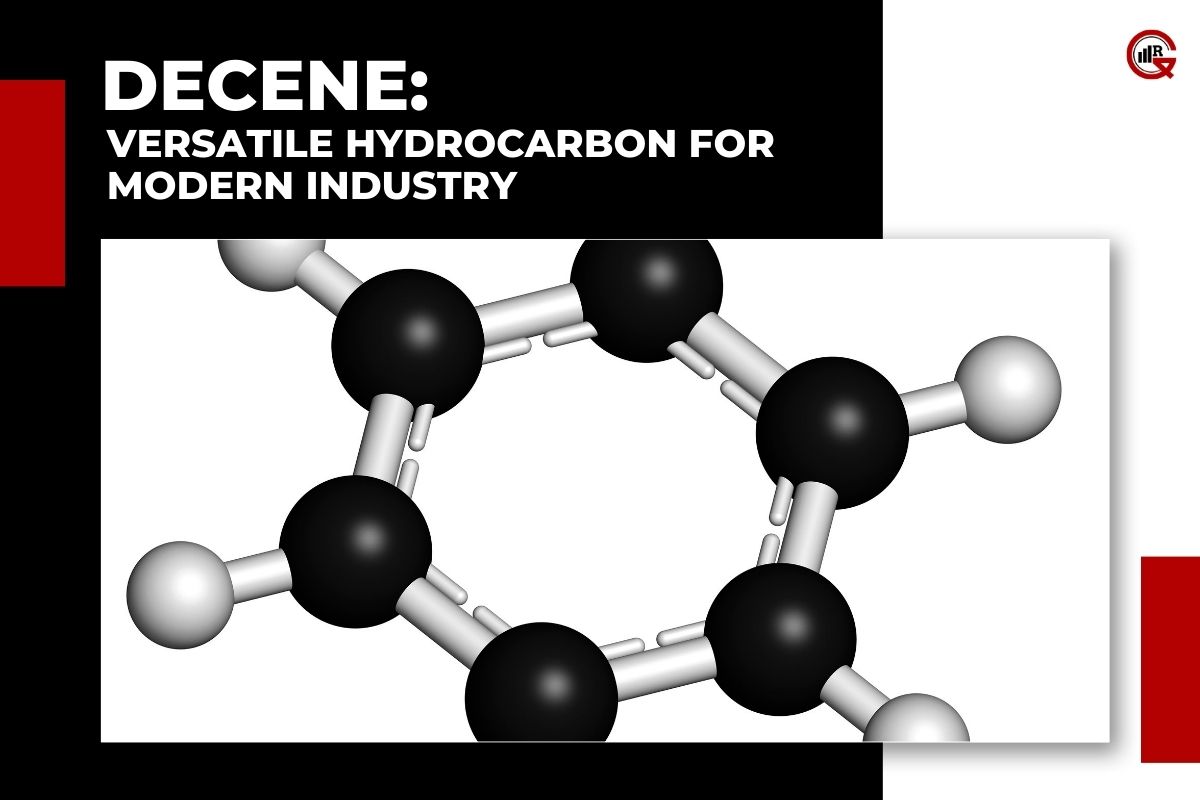(Source-finance.yahoo)
Exxon Mobil Corp experienced a setback in its first-quarter financial performance, reporting a 28% decrease in profits compared to the same period last year. This drop was attributed to weaker refining margins and decreased natural gas prices, despite an increase in volume. The company’s earnings for the first quarter amounted to $8.22 billion, or $2.06 per share, in contrast to the $11.43 billion net profit recorded a year ago. Analysts’ projections were not met, with per-share profit falling 6% below Wall Street estimates, according to data from LSEG.
Factors Contributing to the Decline
Kathryn Mikells, the Chief Financial Officer, highlighted that while the first-quarter results ranked as the second-highest in the past decade, they were impacted by tax and inventory adjustments on the balance sheet. Mikells emphasized the presence of various one-time items, which this time leaned unfavorably. Weaker energy margins, resulting in a $2.6 billion decrease in operating profit compared to the previous year, played a significant role in the downturn. Despite global oil prices remaining relatively stable, natural gas prices experienced a notable decline, with U.S. gas futures trading 20% lower compared to the previous year.
Positive Contributions and Cost-saving Initiatives
Despite the challenges faced, Exxon saw lower costs and increased volumes from its operations in Guyana, which partially offset the overall decline. The company’s capital spending in the last quarter reached its lowest point in seven quarters, with streamlined operations leading to an expansion of structural cost savings by $400 million. Exxon Mobil concluded the quarter with an additional $1.7 billion in cash, bringing the total to $33.3 billion.
Pioneer Acquisition and Future Prospects
Exxon’s impending acquisition of Pioneer Natural Resources, valued at $60 billion, is anticipated to conclude in the near future. The acquisition, conducted entirely through stocks, positions Exxon Mobil as the leading oil and gas producer in the prominent U.S. shale field. This move is expected to double output in the shale field to over 1.3 million barrels of oil equivalent per day. The company foresees reaching a production level of 2 million barrels per day by 2027, capitalizing on economies of scale and future production potential.
Hess Arbitration
However, Exxon Mobil faces challenges regarding its assets in Guyana, where it is currently engaged in a dispute with Chevron and Hess. Exxon Mobil has asserted preemptive rights over Hess’ Guyana assets amidst Chevron’s $53 billion offer for Hess. This dispute is currently under consideration by an international arbitration panel. Should the panel uphold Exxon’s preemptive rights, the company, along with partner CNOOC Ltd, will explore available options. Exxon’s first-quarter results depict a mixed performance influenced by industry dynamics and strategic decisions. The pending acquisition of Pioneer Natural Resources marks a significant step toward consolidating its position in the energy sector, albeit amidst ongoing legal disputes that may impact its future trajectory.






